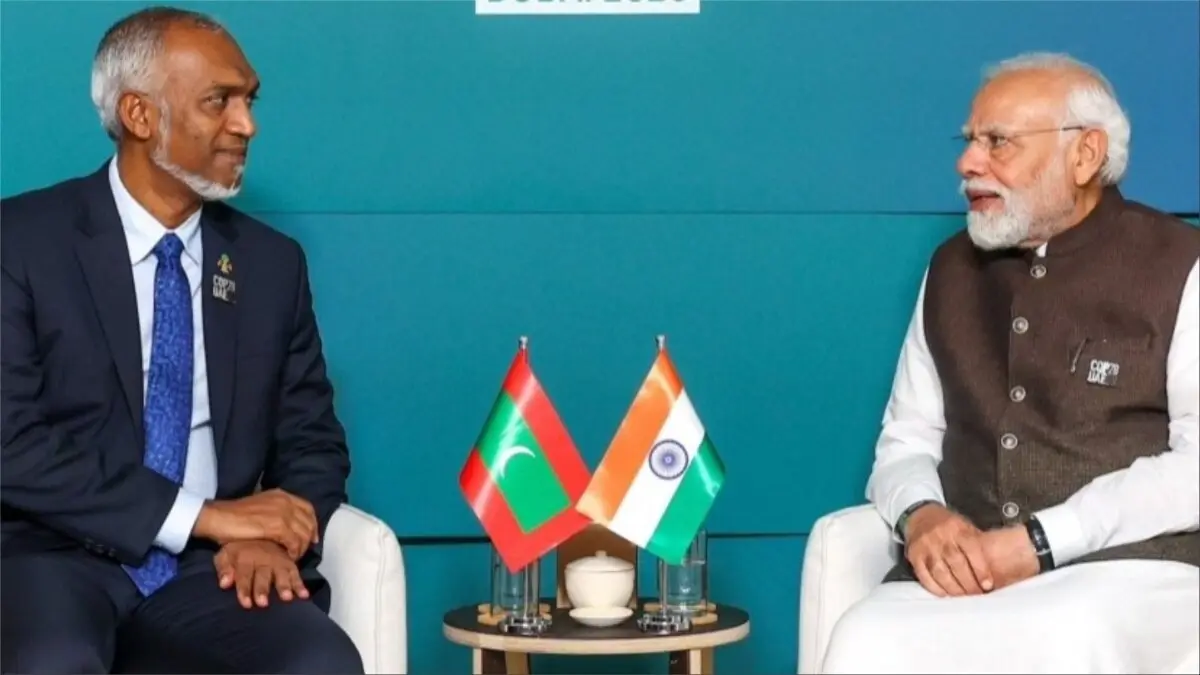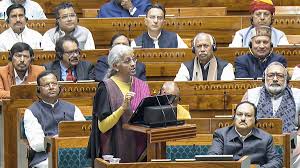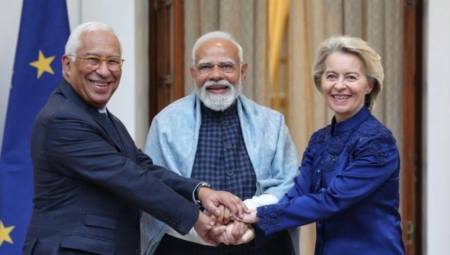Fresh restrictions imposed by India on essential commodity exports to Maldives aim to regulate trade, specifying designated customs stations.

India has enforced new limitations on the export of prohibited or restricted essential commodities to Maldives. These restrictions, outlined by the Director General of Foreign Trade, mandate that exports occur exclusively through four designated customs stations: Mundra Sea Port, Tuticorin Sea Port, Nhava Sheva Sea Port (JNPT), and ICD Tughlakabad.
Notably, on April 5, India had lifted restrictions on specified quantities of nine products, such as potatoes, onions, eggs, rice, wheat flour, and sugar, for the current fiscal year. The approved quantities of these essential commodities represent the highest since the inception of bilateral ties between the two nations in 1981.
Moreover, the quota for river sand and stone aggregates, crucial for Maldives’ construction industry, has surged by 25 percent to 1,000,000 metric tonnes. Additionally, quotas for eggs, potatoes, onions, rice, wheat flour, and dal (pulses) have been augmented. Despite a global ban on the export of rice, sugar, and onions from India, these items were continued to be exported to the Maldives last year.
The Indian High Commission in Maldives emphasised India’s unwavering commitment to fostering human-centric development in the Maldives, underscoring its ‘Neighbourhood First’ policy. Tensions between India and the Maldives have persisted since President Muizzu’s assumption of office, marked by critical remarks directed at New Delhi during and after the presidential polls.











